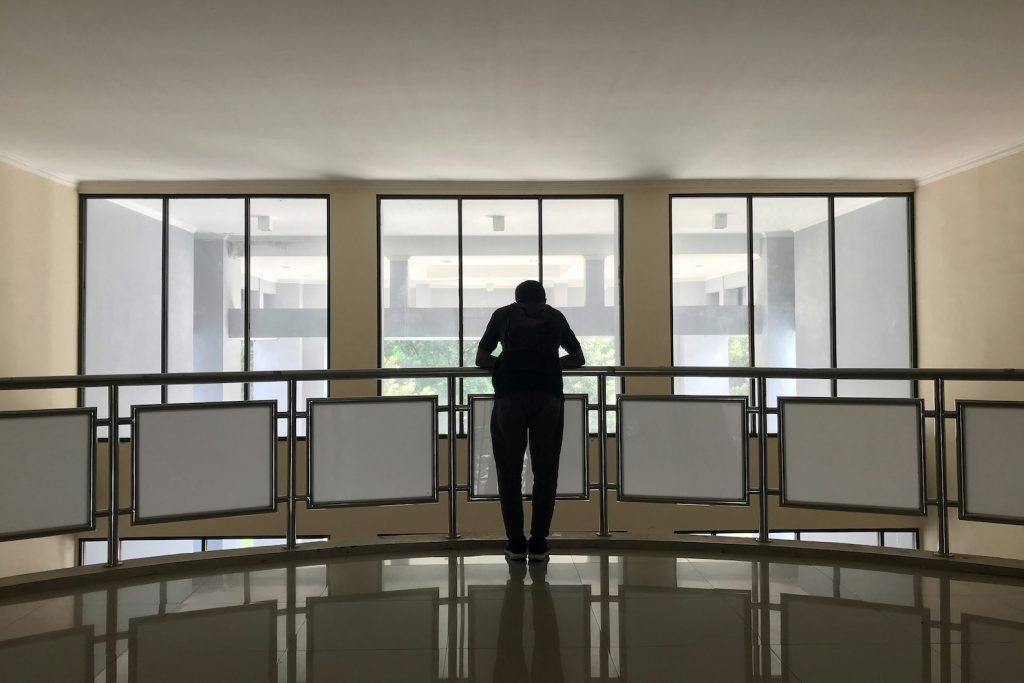For months, economists, journalists, and analysts have wondered whether a recession might hit the U.S. economy. When a recession strikes, many companies respond by immediately downsizing their workforce to preserve cash, streamline operations, and maintain flexibility in the face of macroeconomic uncertainty. Yet these employment cuts can have devastating consequences on workers and cause lingering damage to the labor market at large.
In new research, we studied the spillover impacts that corporate job-cutting during a recession can have on employees’ long-term economic well-being and the labor markets in which they reside—and what corporate leaders and policymakers can do to mitigate such effects. We found that concentrated bursts of employment cuts amplify the negative worker consequences of layoffs—and they can help explain why job loss during recessions is particularly devastating for labor markets. Our work suggests that it would be valuable for firms and policymakers to work together to retain workers in the midst of economic downturns.
How Individual Job Cutting Impacts the Broader Economy
Employment cuts can have devastating consequences on workers, especially when they are part of a broader economic downturn. Previous academic research has established two facts about firm layoffs. First, the start of a recession prompts many companies to sharply and suddenly destroy more jobs. Second, the average worker who is laid off during a recession experiences a staggering 19% decrease in their future lifetime earnings, compared to a less extreme 11% earnings loss associated with layoffs during normal times. Together, these two facts paint a troubling picture: companies ramp up job cuts exactly when they impose the most damage on affected employees.
Nonetheless, many corporate leaders feel that they must make the difficult decision to proactively reduce their workforce at the start of a recession in order to safeguard their firms’ financial well-being and long-term viability.
But here’s the rub: recessions induce many business leaders, across a broad array of geographies and industries, to simultaneously conclude that it is a prudent time to cut employment. With so many laid-off workers desperate to find a new job, even healthy firms may struggle to adjust their business plans to accommodate new employees. Unemployed workers, in turn, may be forced to endure a prolonged spell of joblessness that weakens their skills and attachment to the labor force. As a result, individually rational decision-making by companies can produce inefficient collective outcomes in the market.
Read the full article here.
For months, economists, journalists, and analysts have wondered whether a recession might hit the U.S. economy.

